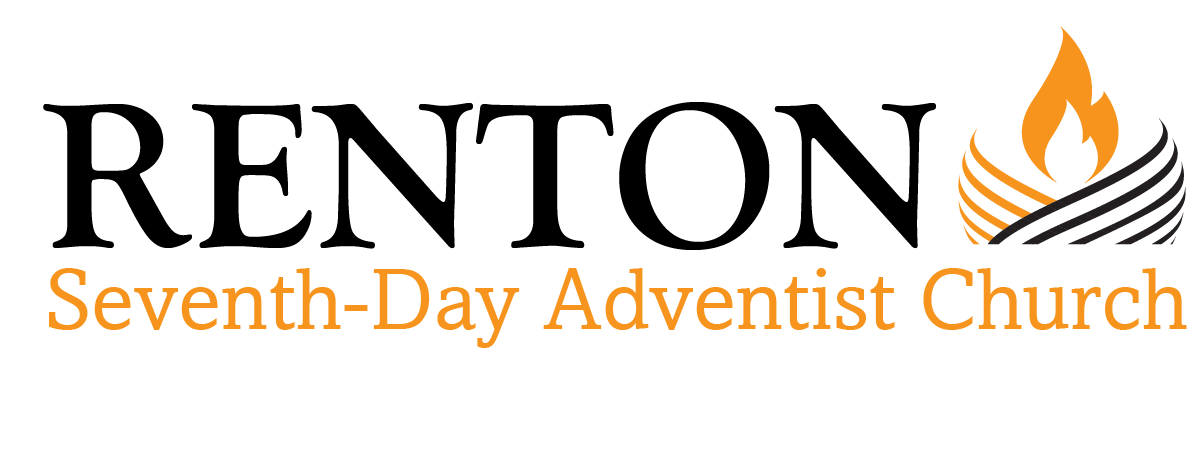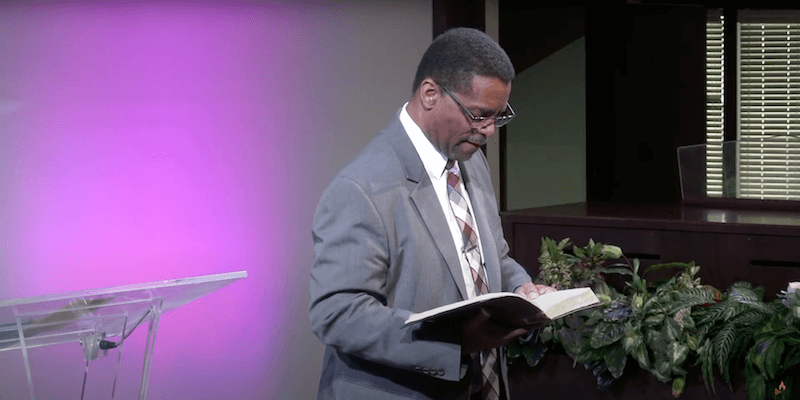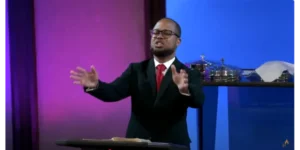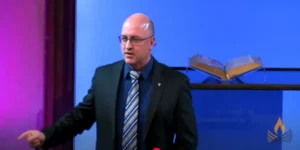we continue our sermon series on the book of Acts and considered the “So what” of Pentecost. Why does it matter that Pentecost happened, and what difference does it make in our lives?
Historically, Pentecost commemorates the giving of the law on Mt. Sinai, which occurred approximately seven weeks from the time Israel left Egypt on the first Passover. It is also known as the “Feast of Weeks” and “Feast of First Fruits.”
Remember that the giving of the law on Sinai was really a marriage on the mountain where the “Ketubah” covenant was being made. That covenant has three parts—What God has done; Israel’s response; and What Israel is to become. The third part, Israel’s destiny and purpose is described in Ex. 19:5-6: “Then out of all nations you will be my treasured possession. Although the whole earth is mine, you will be for me a kingdom of priests and a holy nation.” As Israel accepted the proposal, she would be God’s treasured possession [segula]. A people chosen.
That happened again at the Pentecost in Acts when God set apart His church to be His treasured possession: “For he chose us in him before the creation of the world to be holy and blameless in his sight…. In him we were also chosen, having been predestined according to the plan of him who works out everything in conformity with the purpose of his will.” Eph. 1:4, 11
At Pentecost, God’s purpose in birthing the church and giving them His Spirit was the same as His purpose at Sinai—creating a people who would not only bring His message, but be His message. A people who, to a broken world, would be the presence and power of the God who redeems and restores Shalom. The difference this time is that they had the power to do it!
Agriculturally, the first omer of barley was waved before the Lord at Passover—an earnest of the harvest to come. When Jesus rose from the tomb on Nisan 16 after Passover, He became that wave offering—a promise of the harvest of the redeemed to come. At Pentecost, two loaves were offered in thanksgiving for the ingathered harvest.
Now on the Day of Pentecost, that first great gathering from the “fields” that were “white already to harvest” (John 4:35), were seen in the 3,000 who were baptized into the church that day.
But how does Pentecost make a difference? Pentecost makes a difference in communication. Rewind to Acts 2:4-11. Some say this had to be unknown tongues since the universal language of Aramaic made the gift of speaking foreign languages unnecessary. But to hear the disciples speaking in Aramaic wouldn’t have captured their attention. It was the miracle of “hearing” them speak their native tongues that drew them in.
We need to pray for the baptism of the Holy Spirit, to enable us to speak the message of the Cross and the three angels in language the people can understand. I can speak truth all day long, but if I’m not speaking in a way people can hear it, it makes no difference.
Pentecost makes the difference in praise. “We hear them declaring the wonders of God in our own tongues!” (vs. 11) It wasn’t just that they could hear them speak, but it was what they were saying that made a difference. It was the sound of the rushing wind that brought the crowds to the area of the upper room; it was the quality of the praise that made them want to know what was going on.
Praise in good times is expected. Praise under pressure is extraordinary and is the ultimate level of human relinquishment to the Spirit of the Lord. “When we praise Him for problems or unresolved tensions,” says Ogilvie, “we release them to Him in an unreserved way that frees us from the grip of anxiety…. “He has something to show me and wants to do for me what I would not be able to receive if life were smooth and easy.”
Satan is a thief and a liar, and He is constantly in our heads trying to steal our joy. Aren’t you sick of that liar being in your head all the time? Don’t argue with Him, pound Him with praise. Praise that liar out of your head and into the pit where he came from.
Paul Billheimer said, “Satan is allergic to praise; and where there is massive, triumphant praise, satan is paralyzed, bound and banished.” “Show me your praises,” said Robert Louis Stevenson, “and I will think more of your prayers.”
Our praise is an irresistible magnet for communicating our faith to others. If all you have is warning and condemnation and judgement for people, don’t be surprised if they refuse to listen and run away from you. Pentecost makes me a praiseful and attractive Christian.
Pentecost makes a difference in preaching. Rewind to Acts 2:14-36 to read the first Christian sermon. As you read note this about Holy Spirit preaching: it is prophetic, Christ-centered, pointed, and persuasive.
Pentecost makes a difference in effectiveness. (Vs. 37) With the baptism of the Holy Spirit our words cut to the heart and people want to know what to do. Without the baptism of the Holy Spirit our words cut people and they don’t want anything to do with us. Pray for the Holy Spirit!
Peter was ready with the first Christian invitation to a congregation: “Peter replied, ‘Repent and be baptized, every one of you, in the name of Jesus Christ for the forgiveness of your sins. And you will receive the gift of the Holy Spirit. The promise is for you and your children and for all who are far off—for all whom the Lord our God will call.” (vs. 38-39)
Pentecost makes a difference in repentance. True repentance involves a change of mind and a change of action. We change our minds about Christ and see our own desperate need for Him as Lord and Christ of our lives. When we understand what happened at the cross, it pierces our hearts and demands a response. What was that response? “Those who accepted his message were baptized, and about three thousand were added to their number that day.” (Vs. 41) Pentecost made a difference!
Isn’t it time to pray for us to experience the Pentecost difference? Aren’t you tired of smallness? Let’s pray BIG. BOLD. BRAVE. I want the Pentecost difference in my life. How about you?
Pastor Randy Maxwell




